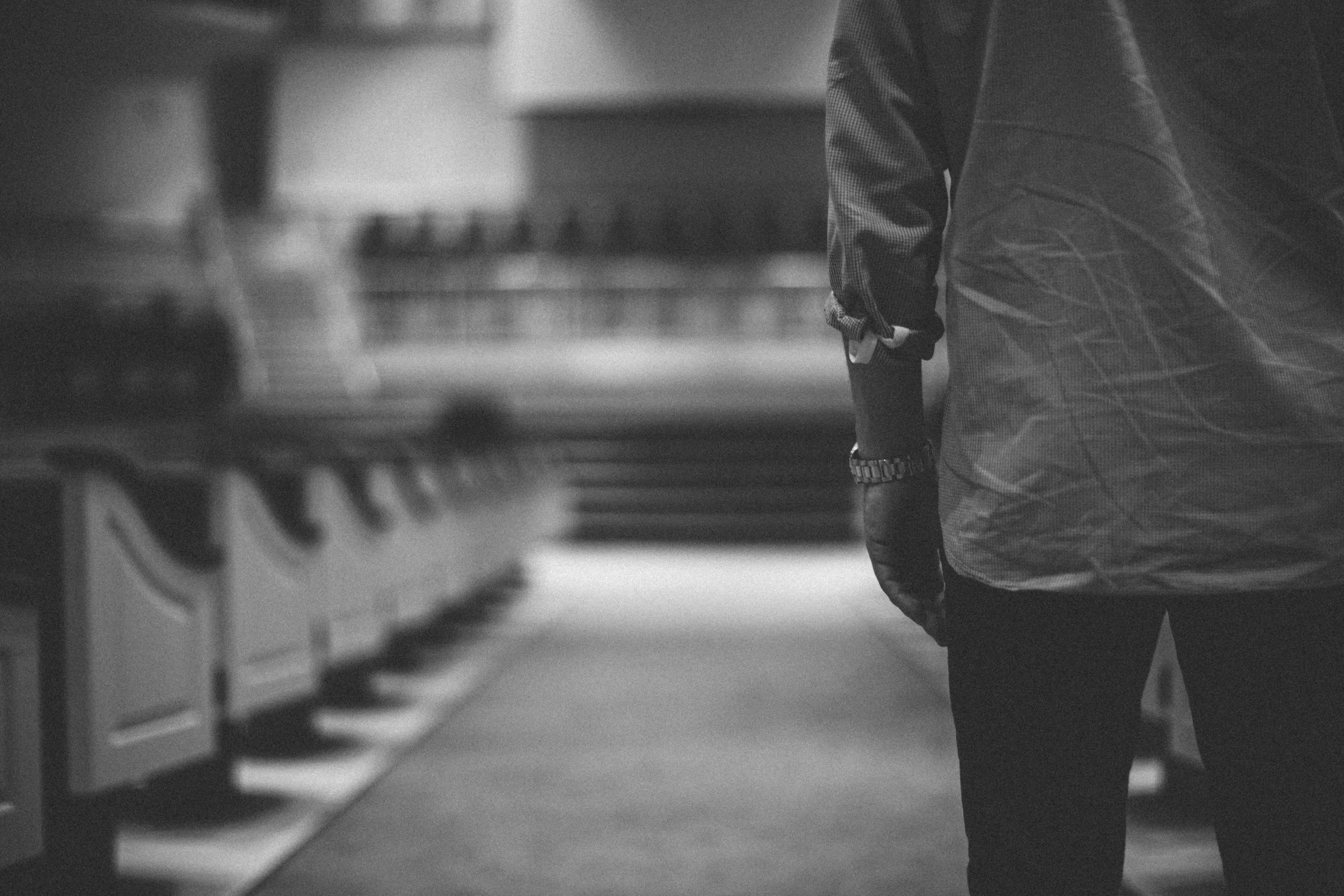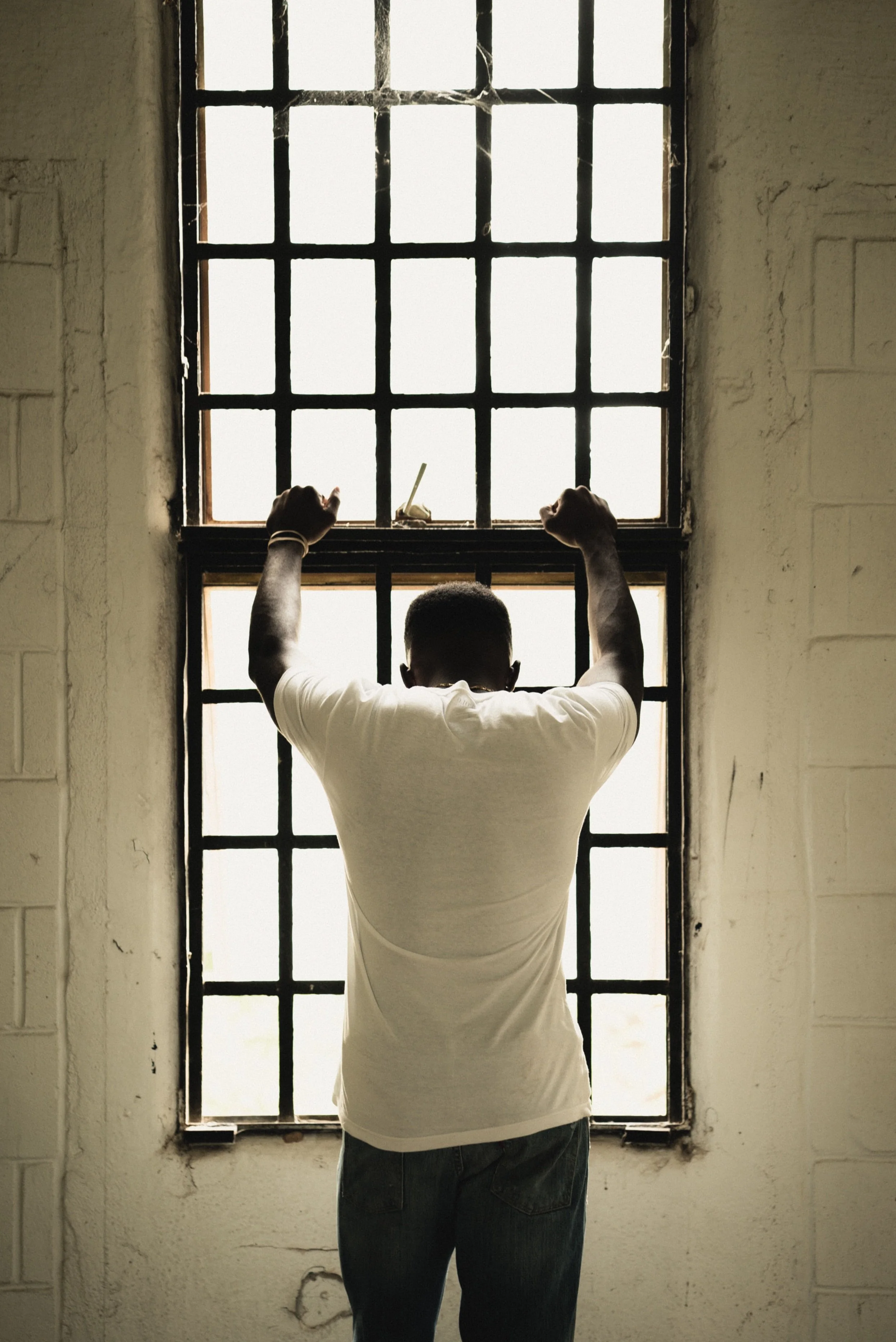When You Breathe
YHWH: A Deep Sigh Calls HIS Name.
Some words stop me in my tracks.
They have a way of affecting me deeply and changing the way I look at things—the way I look at life.
Where Does the Fairy Tale Go?
Hope in the Disappointment.
He was the cutest boy I had ever seen. Three and a half feet tall. Baby brown eyes. He lived right across the playground and over the chain-link fence. Brett Elmblad … the name forever embedded in the recesses of my mind.
IN THROUGH THE DOOR - How our Medical Families are Coping with Covid-19
I asked my high school students this week to share how the Corona Virus is affecting them. No school. More downtime. Extra projects. Those are some of the answers I got. One student, however, whose mother is a nurse in the local hospital, gave us a glimpse of the added stresses on a family in the medical field.
The Stray
If you were a stray in my childhood, I collected you and brought you home. I wrapped you in cloth, found out what food you ate, fed you—by eyedropper sometimes, made you a shoe box with tissue paper nest, put your box by my pillow, and stroked your fur or feathers until you calmed and slept. Baby mice, baby birds, baby rabbits. Anything lost or abandoned or too weak to survive on its own. I had a place for you in my house and in my heart.





